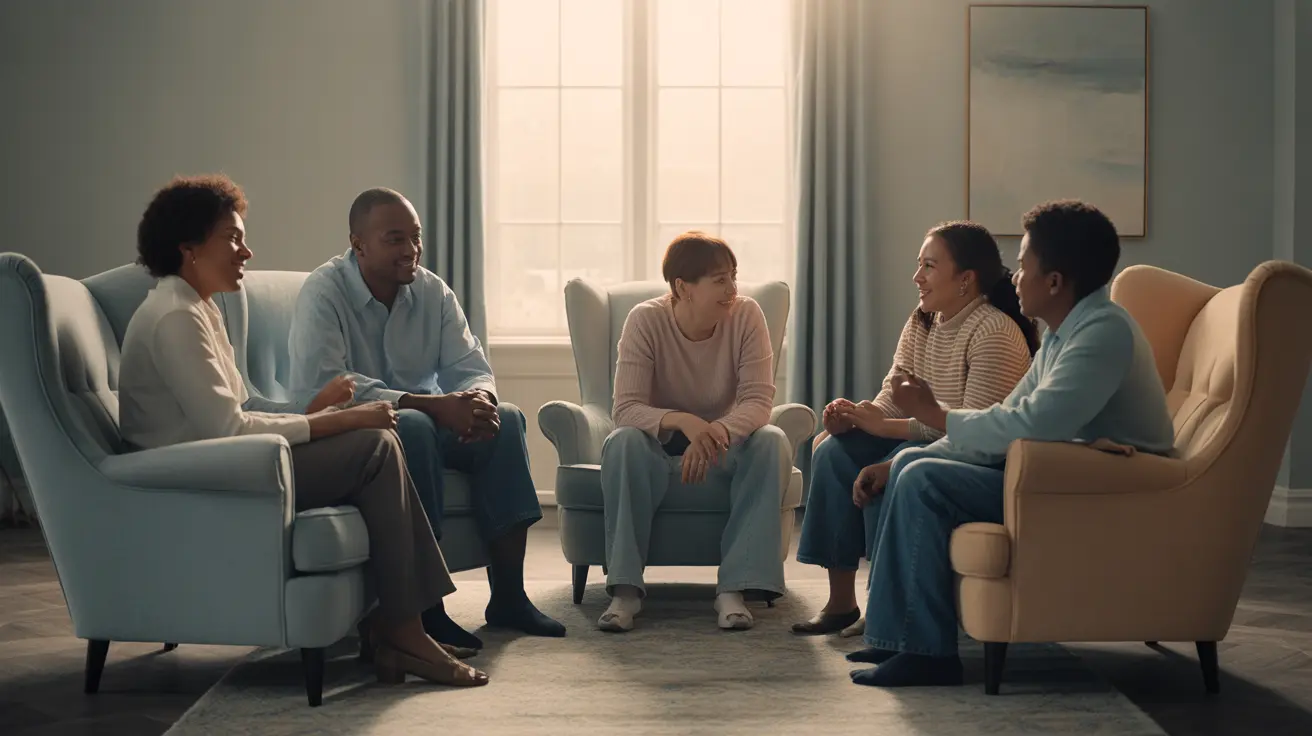Depression affects millions of people worldwide, and one of the most common questions individuals face is how long their symptoms might last. Understanding the typical duration of depression is crucial for setting realistic expectations and maintaining hope during the recovery journey. While each person's experience is unique, certain patterns and factors can influence how long depression persists.
This comprehensive guide explores the various aspects that affect depression duration, from natural course to treatment responses, helping you better understand what to expect and how to work toward recovery.
The Natural Course of Depression Without Treatment
When left untreated, a typical episode of major depression can last anywhere from six months to several years. However, this timeline can vary significantly between individuals, with some experiencing shorter episodes of a few months while others face more prolonged periods of symptoms.
Research suggests that about 50% of people who experience an untreated depressive episode may see some improvement within six months. However, without proper intervention, there's a higher risk of symptoms returning or becoming chronic.
Factors That Influence Depression Duration
Biological Factors
Several biological elements can impact how long depression lasts:
- Genetic predisposition
- Brain chemistry and structure
- Physical health conditions
- Hormonal changes
Environmental and Social Factors
External circumstances play a crucial role in depression duration:
- Stress levels and life events
- Social support system
- Work environment
- Living conditions
- Financial stability
Personal History
Individual background factors that affect recovery time include:
- Previous episodes of depression
- Age of first onset
- Severity of symptoms
- Concurrent mental health conditions
Treatment and Recovery Timelines
Medication Response
When treating depression with antidepressants, many people begin to notice initial improvements within 2-4 weeks. However, full therapeutic benefits typically emerge after 6-8 weeks of consistent treatment. It's important to continue medication as prescribed even after feeling better to prevent relapse.
Therapy Progress
The timeline for improvement through psychotherapy varies based on the type of therapy and individual circumstances. Some people may experience significant relief within 8-12 weekly sessions, while others might benefit from longer-term therapeutic support.
Managing Chronic Depression
Some individuals may develop chronic depression, characterized by symptoms lasting two years or more. Risk factors for chronic depression include:
- Delayed or inadequate treatment
- Multiple previous episodes
- Severe initial symptoms
- Lack of social support
- Concurrent medical conditions
Steps to Support Recovery
Several strategies can help optimize recovery and potentially reduce depression duration:
- Seeking professional help early
- Following treatment plans consistently
- Maintaining healthy lifestyle habits
- Building strong social connections
- Developing stress management skills
- Regular exercise and proper nutrition
- Establishing good sleep patterns
Frequently Asked Questions
How long does a typical episode of depression last without treatment?
Without treatment, a typical depressive episode can last between six months to two years. However, the duration varies significantly among individuals, and some may experience shorter or longer periods of symptoms.
What factors influence how long depression lasts in an individual?
Depression duration is influenced by multiple factors, including genetic predisposition, severity of symptoms, environmental stressors, social support, overall health status, and previous history of depression. The presence or absence of proper treatment also significantly impacts duration.
How quickly can depression improve with professional treatment like therapy or medication?
With professional treatment, some people begin noticing improvements within 2-4 weeks. Antidepressants typically show full effects after 6-8 weeks, while therapy benefits may become apparent within 8-12 sessions. However, complete recovery often takes several months of consistent treatment.
Can depression become chronic, and what increases the risk of long-lasting depression?
Yes, depression can become chronic, particularly if left untreated. Risk factors include delayed treatment, multiple previous episodes, severe symptoms, lack of social support, and concurrent medical conditions. Chronic depression is typically defined as symptoms lasting two years or more.
What steps can help shorten the duration of a depressive episode and support recovery?
Key steps include seeking early professional help, adhering to treatment plans, maintaining healthy lifestyle habits, building social connections, managing stress effectively, regular exercise, proper nutrition, and establishing good sleep patterns. Consistent engagement in these practices can help optimize recovery time.




